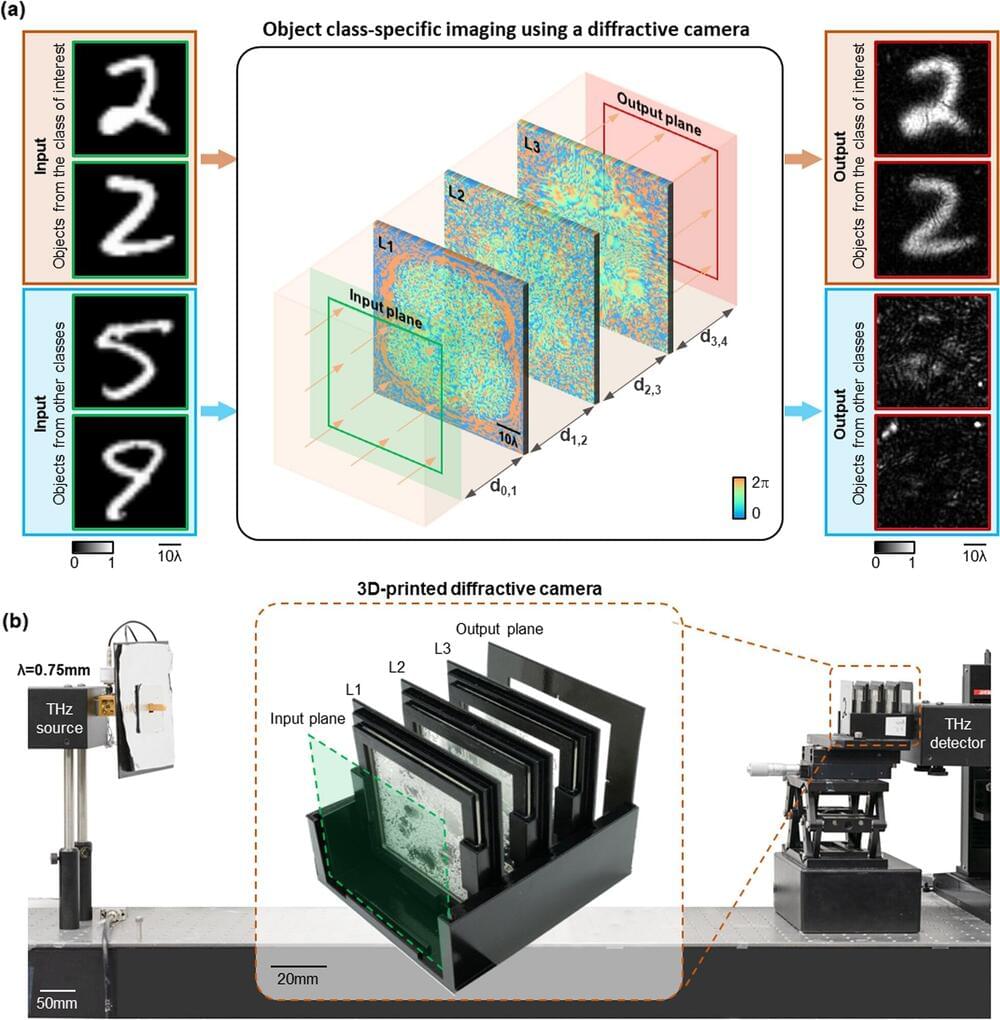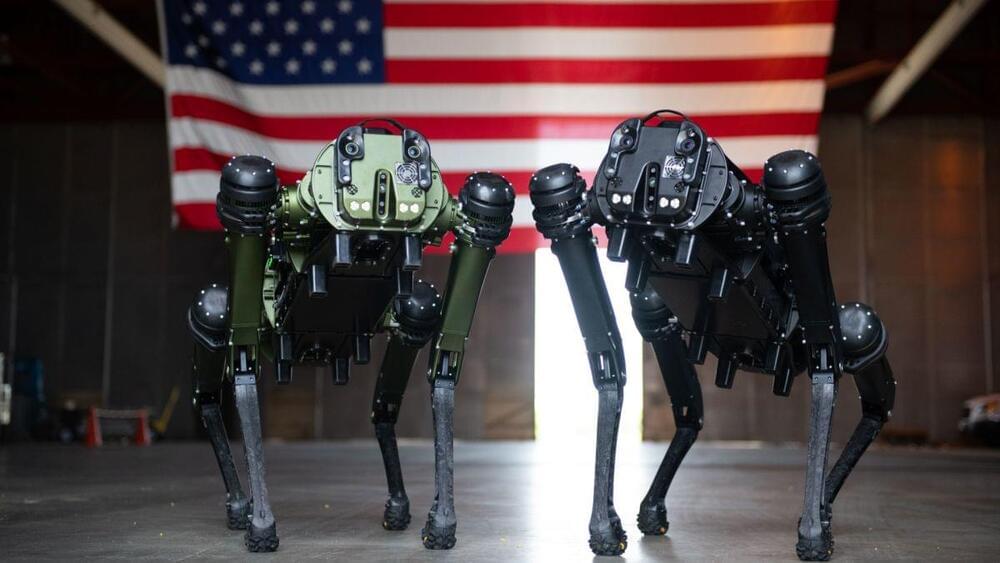Aug 25, 2022
IoT Vulnerability Disclosures Up 57% in Six Months, Claroty Reveals
Posted by Saúl Morales Rodriguéz in categories: biotech/medical, internet, security
The number of vulnerability disclosures impacting extended internet of things (XIoT) devices increased by 57% in the first half of 2022 compared to the previous six months, according to a new report by Team82, the research team of cyber-physical systems (CPS) security firm Claroty.
The research also found that vendor self-disclosures increased by 69%. This would be a first for the industry, which usually relies more for disclosures on independent research teams. According to Team82, the trend indicates that more operational technology (OT), IoT, and internet of medical things (IoMT) vendors are establishing vulnerability disclosure programs and dedicating more resources to them.
Additionally, fully or partially remediated firmware vulnerabilities increased by 79% over the same time period, a significant improvement considering the relative challenges in patching firmware versus software vulnerabilities.

















